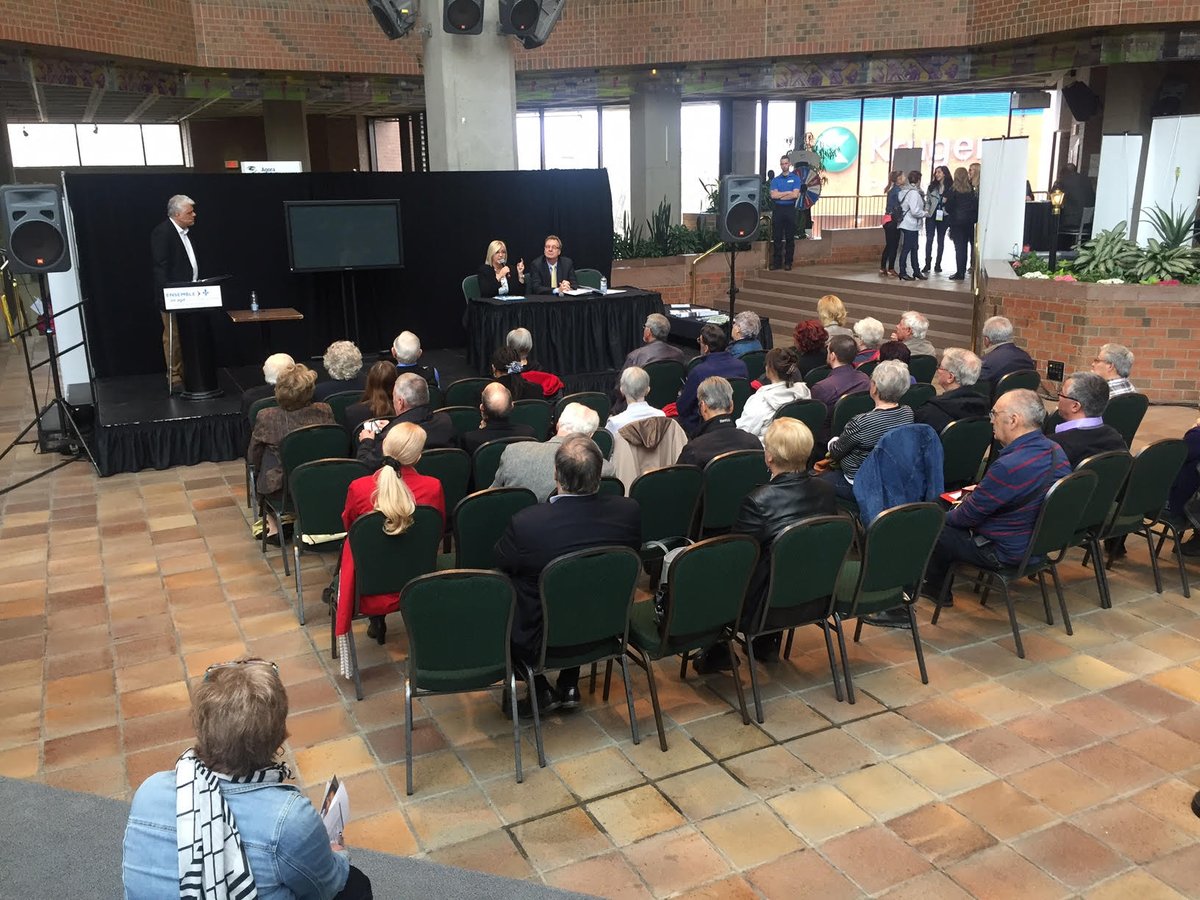National Study on Family Law in French, Final Report (March 2, 2007)
Prepared for: The Federation of Associations of French Speaking Jurists of Common Law Inc. (FAJEF)
PDF document, 250 kb
Family Law Services in French (March 2, 2007)
The Federation of Associations of French Speaking Jurists of Common Law (FAJEFCL) earlier this year commissioned a report on the availability in Canada of family law services in French. The stated purposes of the National Study on Family Law in French are to identify existing resources and gaps with respect to family law and to define action priorities.
PDF Document, 1.4 mb
Improving access to justice in both official languages
(Extract from the Action Plan for Official Languages, made public on March 12, 2003, by Prime Minister Jean Chrétien and Ministers Stéphane Dion and Lucienne Robillard)
Justice Canada will invest $ 45.5 million in new funds for access to justice in both official languages by 2008. Of this amount, $ 27 million will be spent on meeting legal obligations arising from the implementation of the Legislative Instruments Re-enactment Act and the Federal Court judgment in the Contraventions Act.
In addition, Justice Canada will invest $ 18.5 million in targeted measures to improve access to the justice system in both official languages. These measures will include the following:
- the financing of projects carried out with the assistance of government and non-government partners;
- stable funding for associations of French-speaking jurists and their national federation;
- the creation of a consultation mechanism with official language minority communities; and finally,
- the development of training tools on language rights for legal advisers to the Ministry of Justice.
State of play on the situation of access to justice in both official languages (2002)
The inventory is the title of one of the works of the prolific author Michel Tremblay. It is also the title of the report submitted in the spring of 2002 to the Department of Justice Canada by RESEARCH PGF / GTA. In this case, it is an inventory of the situation of access to justice in both official languages. Several French-speaking jurists contributed to the gathering of information that led to the writing of this document either by completing a questionnaire, by responding to a telephone interview or by participating in a discussion group. This report is available on the Department’s website at the following address: www.canada.justice.gc.ca/fr/ps/franc/enviro/toc.html.
The report demonstrates the need to put in place a real policy of active offer of judicial and legal services in the official minority language: it is with a view to solidifying official language minority communities that are still in a fragile position that is articulated the idea of a “restorative justice” where the active offer of services should prevail. In order to achieve this objective, there are many steps to be taken, including clarifying the exercise of language rights by amending laws such as the Divorce Act, Bankruptcy Act, Criminal Code and tickets. We can only hope that Parliament will take action during this session.
Juridical help
The national situation
Report on legal aid in official languages, submitted to Justice Canada in the summer of 2002 by PRA Inc.
Legal Aid Ontario
Since April 1, 1999, the French Language Services Act has applied to Legal Aid Ontario. Members of the Francophone community are therefore entitled to use French to communicate with Legal Aid Ontario and its offices in the designated regions. Legal Aid Ontario has an obligation to ensure that, in each designated region, legal aid is actively offered in French.
There are 57 general practice clinics in Ontario. Of this number, four clinics are designated under the French Language Services Act: the Prescott and Russell Legal Clinic, the Stormont, Dundas & Glengarry Clinic, the Grand Nord (Kapuskasing) Clinic and the Windsor-Essex Bilingual Legal Clinic . To be designated under the French Language Services Act, a clinic must demonstrate its commitment and that it is able to offer quality French services to which one can have access at any time. It must also have French-speaking representation on its board of directors and in terms of its management. It is only after consultation between the body, the Ministry of the Attorney General and the Office of Francophone Affairs,






